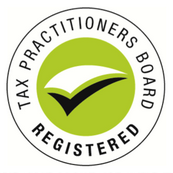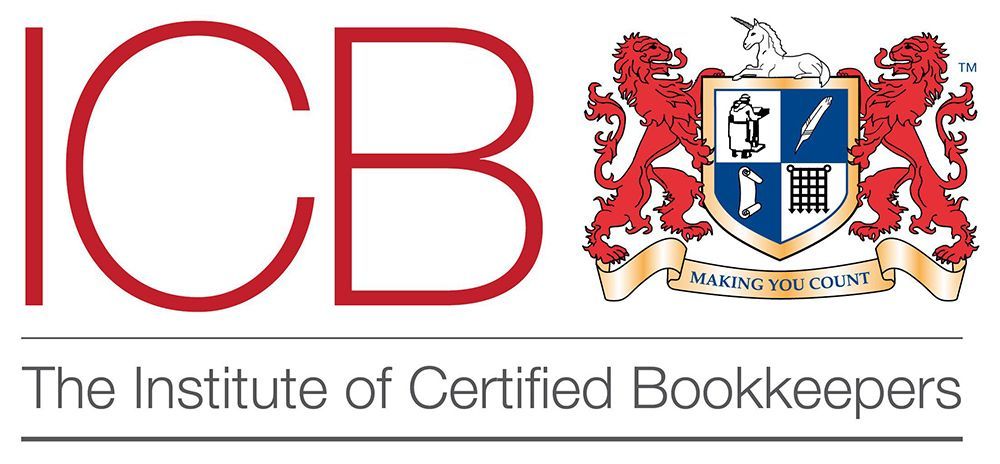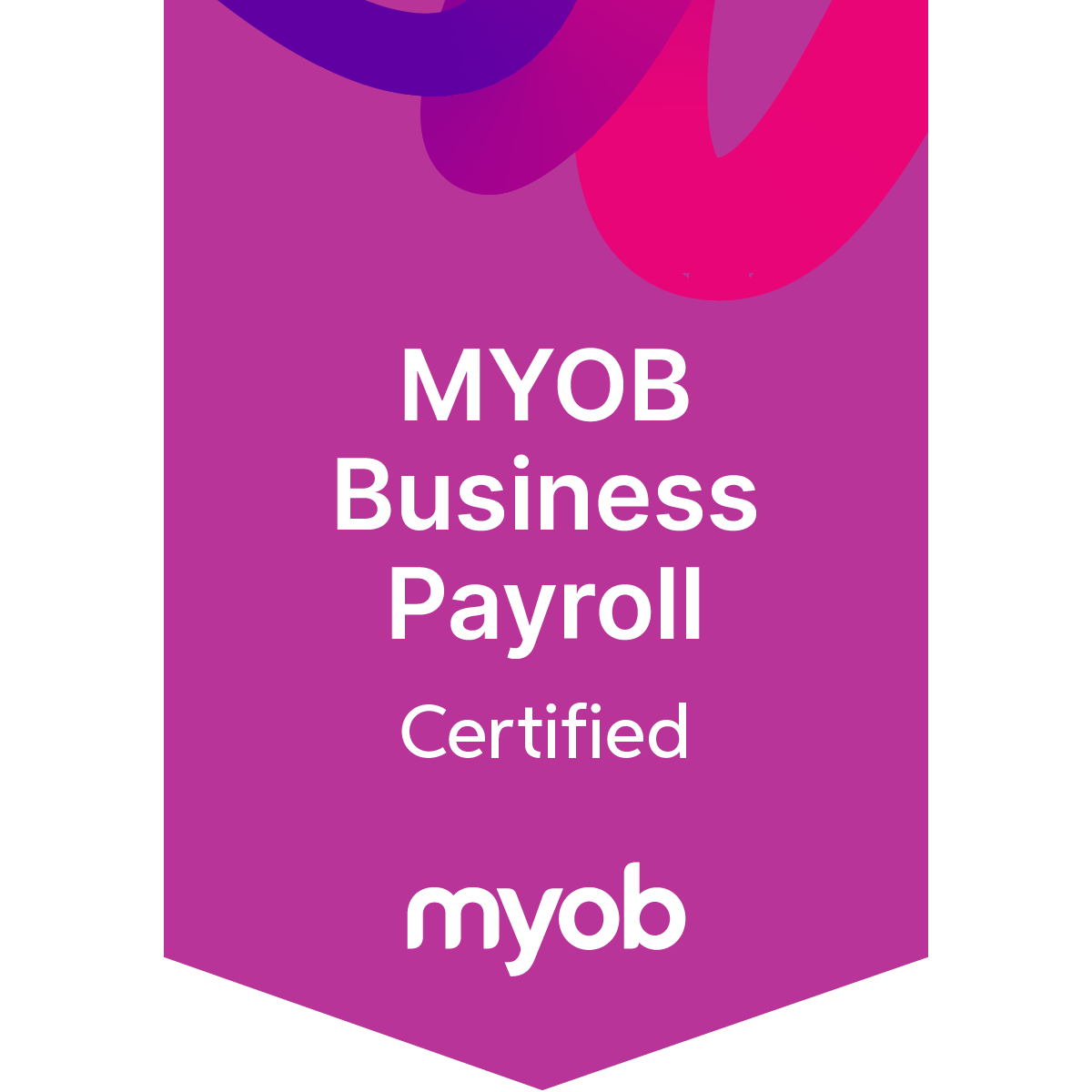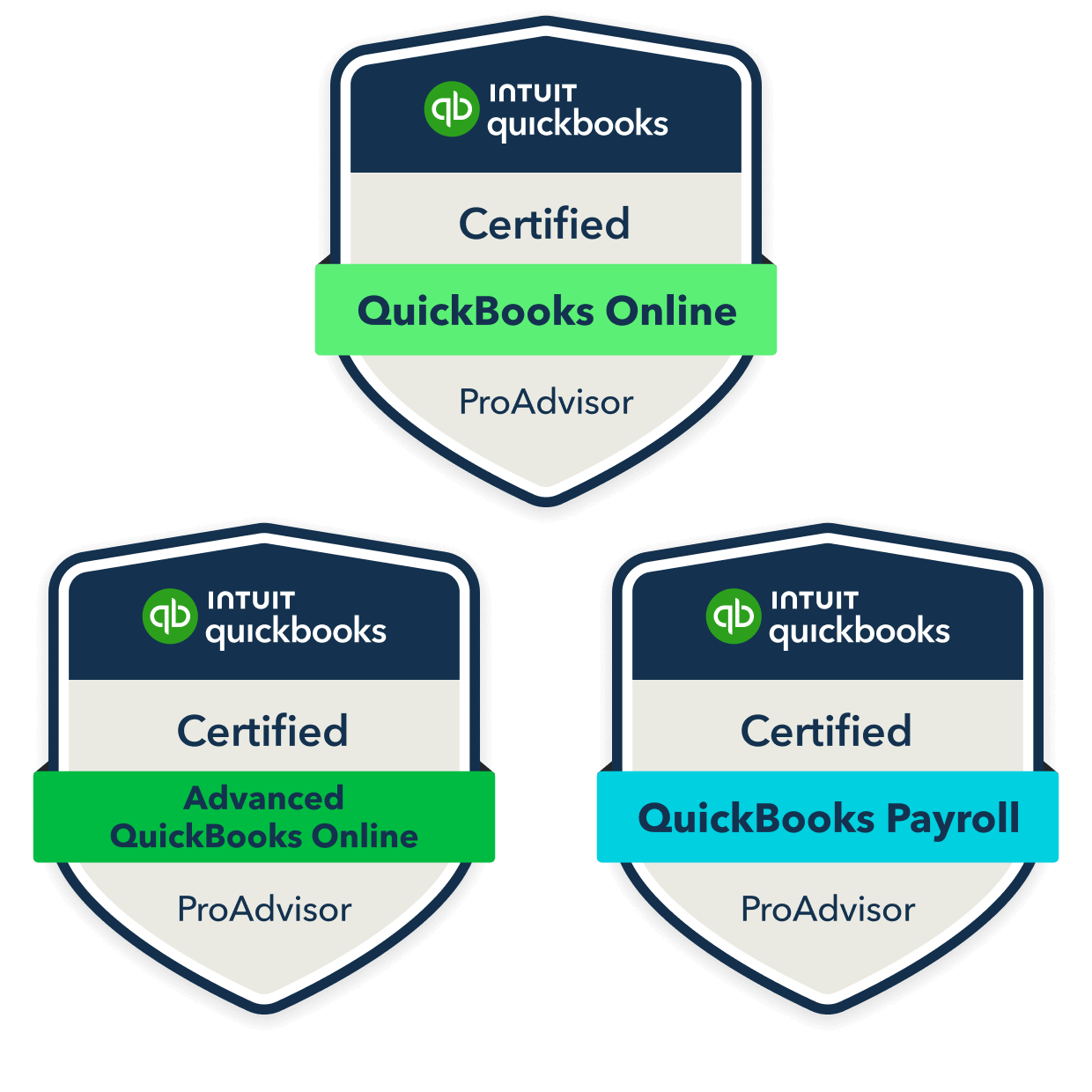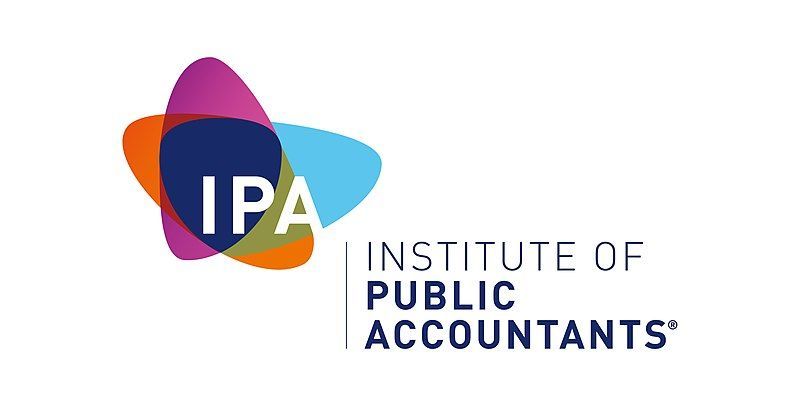Top Bookkeeping Tips for Small Business Owners
Effective bookkeeping is essential for the success and financial stability of any small business. It not only ensures compliance with legal standards but also provides clear insights into the business's financial health, facilitating better decision-making. Here are five top bookkeeping tips for small business owners to maintain orderly finances and set a solid foundation for growth.
1. Utilise Cloud-Based Accounting Software
Embrace modern technology by using cloud-based accounting software like Xero, QuickBooks or MYOB. These tools can streamline your accounting processes by automating tasks such as invoicing, payroll, and bank reconciliations. They provide real-time financial data, allowing you to access your business finances anytime and from anywhere, ensuring you stay informed about your cash flow and financial obligations.
2. Keep Personal and Business Finances Separate
It's crucial to separate your personal and business finances to avoid confusion and ensure clearer financial reporting. Start by opening a business bank account and using a dedicated business credit card for all business transactions. This separation simplifies bookkeeping and makes it easier to track business expenses, ultimately aiding in more accurate tax filing and financial analysis.
3. Maintain Timely and Accurate Records
Ensure all financial transactions are recorded accurately and in a timely manner. Delayed or incorrect entries can lead to financial discrepancies, which may complicate understanding your business’s financial health. Regularly update your books and reconcile bank statements to ensure all records are precise. This practice helps in identifying discrepancies early and provides you with the confidence to make informed financial decisions.
4. Monitor Cash Flow Regularly
Effective cash flow management is vital for the survival and growth of any small business. Develop a habit of regularly monitoring your cash flow to understand how money moves in and out of your business. This will help you manage your payables and receivables more effectively, prevent cash shortages, and plan for future financial needs or investments accurately.
5. Plan for Major Financial Commitments
Be proactive in planning for future expenses such as tax liabilities, equipment purchases, or expansion activities. Setting aside funds regularly can prevent financial strain and help manage these large expenses more comfortably when they arise. Additionally, understanding upcoming financial commitments allows for better budgeting and helps avoid unnecessary debt.
Proudly Supporting Small Businesses
Regular bookkeeping reviews are a must. Periodically (monthly or quarterly), review your financial reports to understand the business's financial trajectory and make adjustments to your strategies as needed. Use these insights to refine your budget, cut unnecessary expenses, and reinforce areas that promise better profitability.
For small business owners, managing bookkeeping might seem daunting, but it's an essential part of running a successful business. If you're unsure where to start or find it challenging to manage on your own, professional help is available.
At D&T Accounting & Bookkeeping, we specialise in helping small businesses manage their finances efficiently. Our team is well-versed in the latest accounting software and strategies to keep your financial records accurate and up-to-date. Operating across the Central Coast, we are committed to providing you with the best possible service to meet your accounting needs.
Contact us today at 0405 292 806 to find out how we can assist you in achieving your business's financial goals and ensure your bookkeeping is handled professionally, allowing you to focus more on growing your business.


